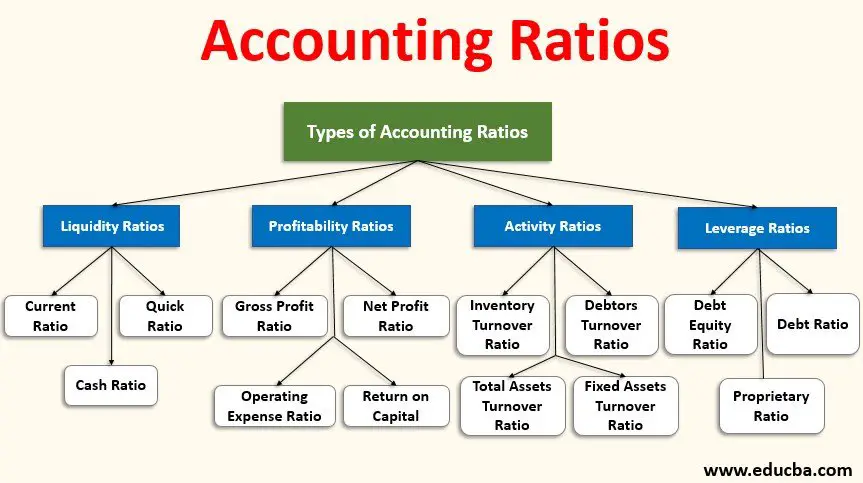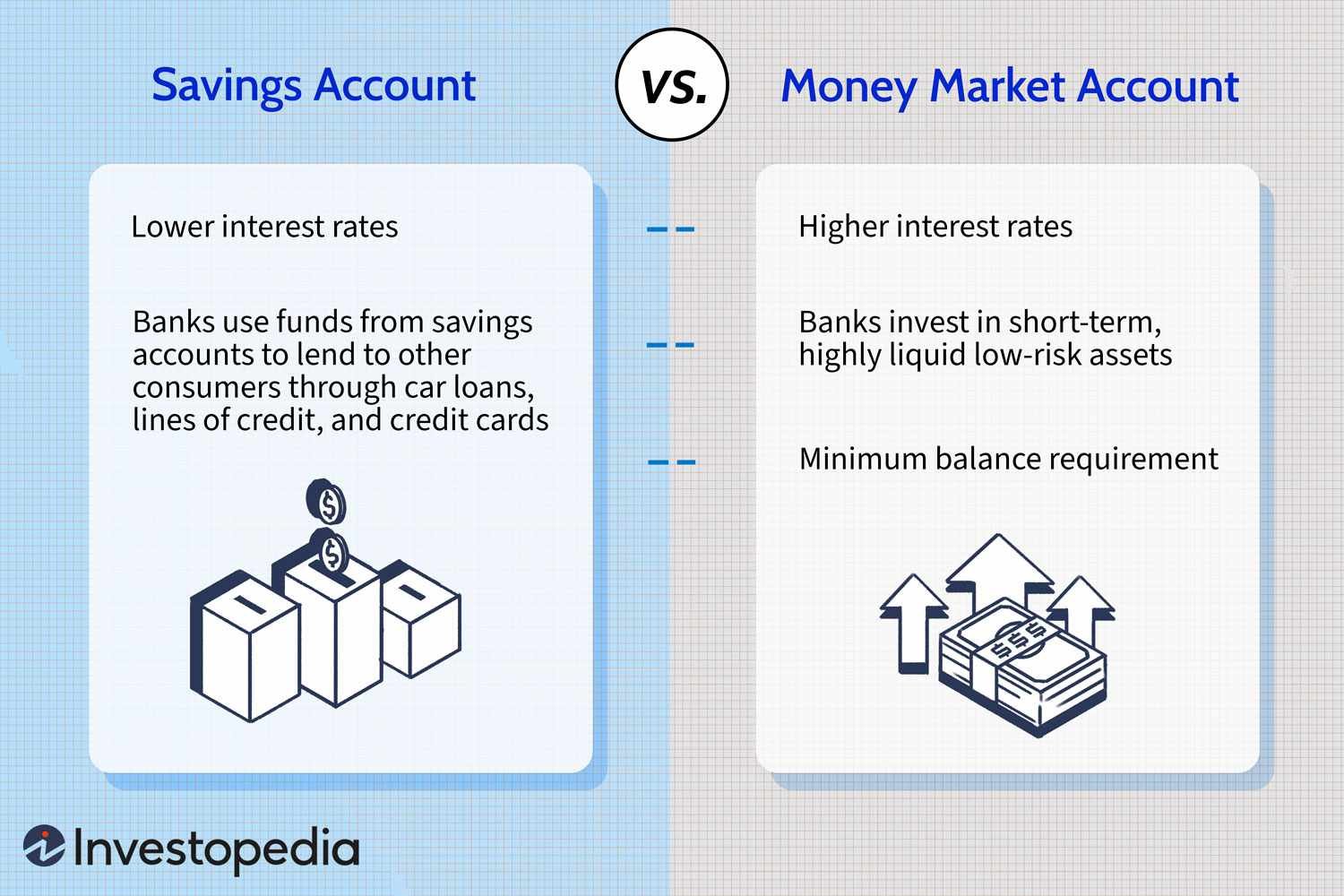Understanding taxation on international investments is crucial for anyone looking to expand their financial portfolio beyond domestic borders. If you’ve ever wondered how taxes come into play when investing internationally, you’re not alone. In this article, we will delve into the complexities surrounding taxation on international investments and break them down into easily digestible information. From navigating different tax systems to maximizing your returns, we’ve got you covered. So, let’s dive right in and demystify the world of taxation on international investments.
Understanding Taxation on International Investments
Investing internationally can provide great opportunities for diversification and potentially higher returns. However, it’s crucial to understand the tax implications of international investments to make informed decisions and avoid any surprises. In this article, we will delve into the intricacies of taxation on international investments, covering important aspects such as tax treaties, withholding taxes, capital gains, and more.
Tax Treaties and Double Taxation
Tax treaties play a vital role in international taxation. These agreements establish the taxing rights between two countries to avoid double taxation, where the same income is taxed twice. Double taxation can occur when an individual or business has income in both their home country and the country where they’ve made investments.
Tax treaties generally provide relief from double taxation through two methods:
1. Exemption Method: Under this method, income earned in a foreign country is exempted from tax in the home country, ensuring that it is only taxed in the country where it was generated.
2. Credit Method: With the credit method, the taxpayer is allowed to claim a credit in their home country for foreign taxes paid. This ensures that they are not taxed twice on the same income, as they can offset the taxes paid abroad against their domestic tax liability.
Withholding Taxes on International Investments
Withholding taxes are levied on various income streams, such as dividends, interests, royalties, and capital gains. They are deducted at the source, meaning the country where the income is generated, before it is paid to the investor. Understanding these taxes is crucial for international investors to assess the overall return on their investments.
Here are some common types of withholding taxes:
- Dividend Withholding Tax: Many countries impose a withholding tax on dividends paid to non-resident investors. The tax rate often varies depending on tax treaties and the investor’s country of residence. It is essential to check the applicable tax rates to evaluate the impact on investment returns.
- Interest Withholding Tax: Similar to dividend withholding tax, interest payments made to non-resident investors might attract withholding taxes. The rates can vary, and some countries offer reduced or exempt rates under tax treaties.
- Royalty Withholding Tax: Royalty payments for intellectual property rights, such as copyrights or patents, may also be subject to withholding taxes. As with dividends and interest, rates can vary, so understanding the applicable taxation is crucial for international investors.
- Capital Gains Tax: Depending on the country, capital gains on international investments may be subject to taxation. The rates can vary, and it’s important to consider any tax implications when structuring investments.
Tax Reporting and Compliance Obligations
International investors must fulfill their tax reporting and compliance obligations in both their home country and the countries where they have investments. Failing to comply with these obligations can lead to penalties and legal issues. Here are some key aspects to consider:
- Foreign Asset Reporting: Some countries require residents to report their foreign assets, including investments. It’s essential to understand the reporting thresholds and comply with the regulations to avoid penalties.
- Tax Filing Requirements: International investors may have to file tax returns in both their home country and the country where they have investments. Understanding the tax filing requirements in each jurisdiction is crucial to ensure compliance.
- Tax Compliance Professionals: Due to the complexities involved in international taxation, seeking advice from tax professionals who specialize in cross-border investments can be beneficial. They can provide guidance on tax planning, compliance, and optimizing your international investment structures.
Foreign Tax Credits and Tax Optimization Strategies
To avoid double taxation and minimize overall tax liabilities, international investors can explore various tax optimization strategies. One such strategy is the utilization of foreign tax credits (FTCs). Foreign tax credits allow investors to offset taxes paid in a foreign jurisdiction against their home country tax liability.
Here are a few considerations regarding foreign tax credits:
- Limitations: Some countries impose limitations on the amount of foreign tax credits that can be claimed. Understanding these limitations is crucial for tax planning purposes.
- Timing: Timing differences between tax payments in different countries can impact the utilization of foreign tax credits. It’s important to consider these timing differences and plan accordingly.
- Tax Optimization Structures: Some investors may choose to set up tax-efficient structures, such as holding companies or trusts, to optimize their international investments. However, it’s crucial to consult with tax professionals to ensure compliance with regulations and avoid unintended tax consequences.
Exchange Rates and Currency Risks
Investing internationally involves dealing with multiple currencies and exchange rate fluctuations. These currency risks can impact the overall returns on international investments. It’s important to consider the following:
- Currency Conversion Costs: Converting funds from one currency to another can involve transaction costs, such as fees or unfavorable exchange rates. These costs can impact the net returns on investments.
- Exchange Rate Volatility: Fluctuations in exchange rates can significantly impact investment returns. Investors should consider the potential risks associated with currency movements and evaluate strategies to manage or mitigate these risks.
Tax-Efficient International Investment Vehicles
Understanding the tax implications of different investment vehicles can help investors optimize their international investment strategies. Some tax-efficient investment vehicles commonly used by international investors include:
- Exchange-Traded Funds (ETFs): ETFs provide diversification across a range of international investments. They offer tax advantages, such as potential tax deferral and lower capital gains distributions compared to mutual funds.
- Mutual Funds: Mutual funds pool investments from various investors to invest in a diversified portfolio. They can be subject to capital gains taxes and dividend withholding taxes, depending on the fund’s holdings and investment strategy.
- Real Estate Investment Trusts (REITs): REITs allow investors to invest in real estate properties and receive rental income. They provide tax advantages, including the potential for pass-through taxation and reduced corporate tax obligations.
- Offshore Investment Accounts: Offshore investment accounts can provide certain tax advantages, such as tax deferral or reduced tax rates. However, it’s essential to consider the legal and tax implications of investing offshore and comply with reporting requirements.
Seeking Professional Advice
Navigating the complexities of international taxation requires specialized knowledge. Seeking advice from tax professionals with expertise in international investments is highly recommended. They can guide you through the intricacies of tax treaties, withholding taxes, reporting obligations, and help develop tax-efficient investment strategies tailored to your unique circumstances.
Remember, staying informed about the tax implications of international investments will empower you to make well-informed decisions and optimize your investment returns while ensuring compliance with tax laws in multiple jurisdictions.
Exploring the U.S. Tax on Foreign Capital Gains with Ease: Smart Strategies for Expats
Frequently Asked Questions
Frequently Asked Questions (FAQs)
What is international investment taxation?
International investment taxation refers to the system of rules and regulations that govern the taxation of income and gains generated from investments made in foreign countries. It involves understanding the tax implications and obligations for individuals or businesses investing internationally.
Do I have to pay taxes on international investments?
Yes, generally, you are required to pay taxes on income or gains from international investments. Tax laws vary between countries, and it is essential to understand the specific tax provisions of the country where the investment is made.
How are international investment gains taxed?
International investment gains are typically subject to taxation in the country where the investment is made. The tax rates and rules for calculating the taxable amount may vary, and it is advisable to consult with a tax professional familiar with international tax matters.
Are there any tax treaties to avoid double taxation?
Yes, many countries have entered into tax treaties to prevent double taxation on international investments. These treaties generally provide relief by allowing taxpayers to claim credits or exemptions for taxes paid in the foreign country, reducing the possibility of being taxed twice on the same income.
What is the Foreign Tax Credit?
The Foreign Tax Credit is a tax benefit provided by some countries to their residents or businesses that have paid taxes on income earned from foreign sources. This credit allows taxpayers to reduce their domestic tax liability by the amount of foreign taxes paid, thereby avoiding double taxation.
How do I report international investment income on my tax return?
International investment income should be reported on your tax return according to the regulations of your home country. In most cases, you will need to provide detailed information about the investments, including income earned and any foreign taxes paid. It is recommended to seek guidance from a tax professional when reporting international investment income.
Are there any tax planning strategies for international investments?
Yes, there are various tax planning strategies that can be employed for international investments. These may include structuring investments through tax-efficient jurisdictions, utilizing tax treaties, and carefully managing the timing of income recognition and capital gains. It is crucial to work with tax experts to ensure compliance with applicable tax laws.
What are the potential risks of international investment taxation?
The potential risks of international investment taxation include incorrect reporting, failure to comply with tax obligations in various jurisdictions, and exposure to penalties or audits. It is essential to stay informed about international tax laws and seek professional advice to mitigate these risks and ensure compliance.
Note: The information provided in this FAQ is for general informational purposes only and should not be considered as professional tax advice. Consult with a qualified tax professional for personalized guidance regarding your specific international investment taxation situation.
Final Thoughts
Understanding taxation on international investments is crucial for individuals and businesses engaging in the global market. It is essential to comprehend the tax regulations and implications related to these investments to ensure compliance and maximize returns. By recognizing the various tax laws and treaties applicable to international investments, investors can make informed decisions and strategize effectively. Moreover, seeking professional guidance and staying updated with changing tax policies can greatly assist in navigating the complexities of cross-border investments. Overall, a comprehensive understanding of taxation on international investments is imperative for success in the global financial landscape.



